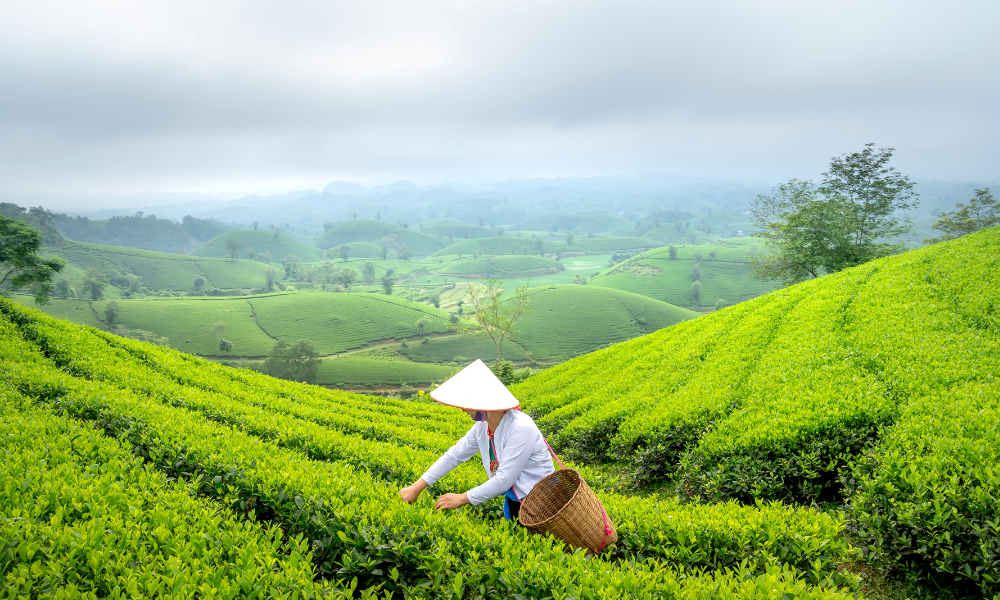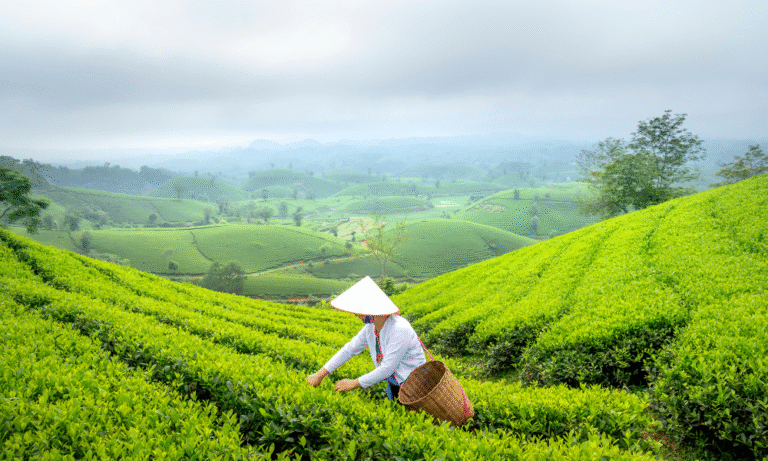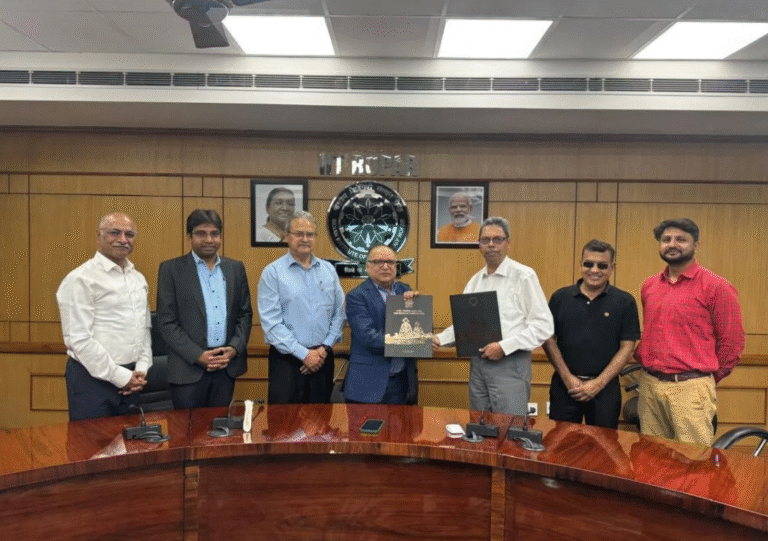
India’s tea industry has welcomed the central government’s decision to include tea plantations
under the Restructured Weather Based Crop Insurance Scheme (RWBCIS). The scheme, set
to roll out from the Kharif 2025 season, is seen as a critical step in helping growers deal with
increasing climate uncertainties.
A recent notification from the Department of Agriculture and Farmers Welfare directed states
and union territories to fast-track the selection of insurance providers and finalize operational
details by June 20, enabling timely access to benefits.
Arijit Raha, Secretary General of the Indian Tea Association (ITA), hailed the move, stating it
was the first time the tea industry has received protection under a weather-based insurance
scheme. “The tea sector is facing growing challenges from irregular rainfall, flooding, and
soaring temperatures above 35°C. Addressing climate change risks is crucial for the
long-term sustainability of tea cultivation,” he said.
Small tea growers, who produce more than half of India’s tea output, have long demanded
insurance coverage. Bijoy Gopal Chakraborty, President of the Confederation of Indian Small
Tea Growers Associations (CISTA), noted that discussions had been ongoing for five years.
“It’s a welcome development. Climate-related impacts, especially extreme heat and heavy
rains, have been severely affecting small tea growers,” he said.
India, the world’s second-largest tea producer after China, produced 1,382 million kilograms
of tea in 2024. Assam leads as the top tea-producing state, followed by West Bengal, Tamil
Nadu, Kerala, and Karnataka. States like Tripura, Sikkim, Himachal Pradesh, and Uttar
Pradesh also contribute to the country’s tea basket.








